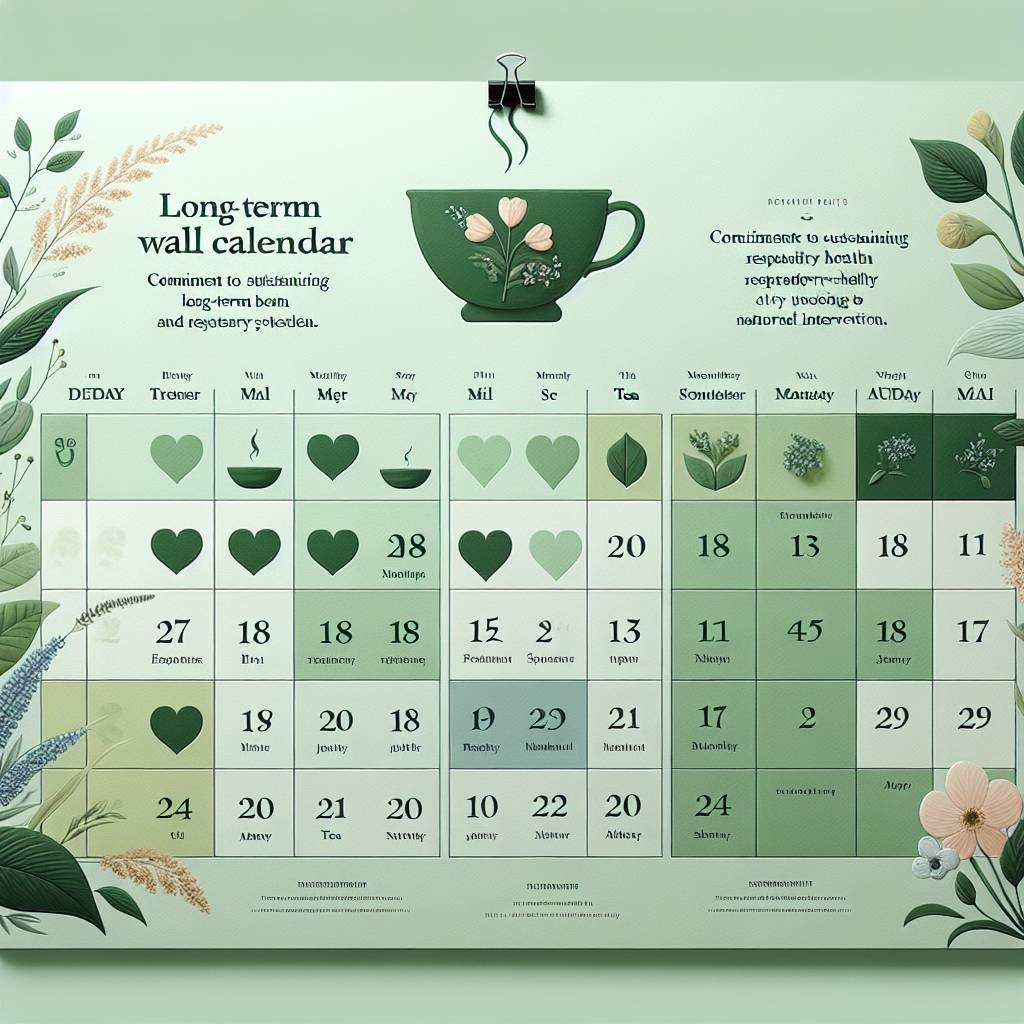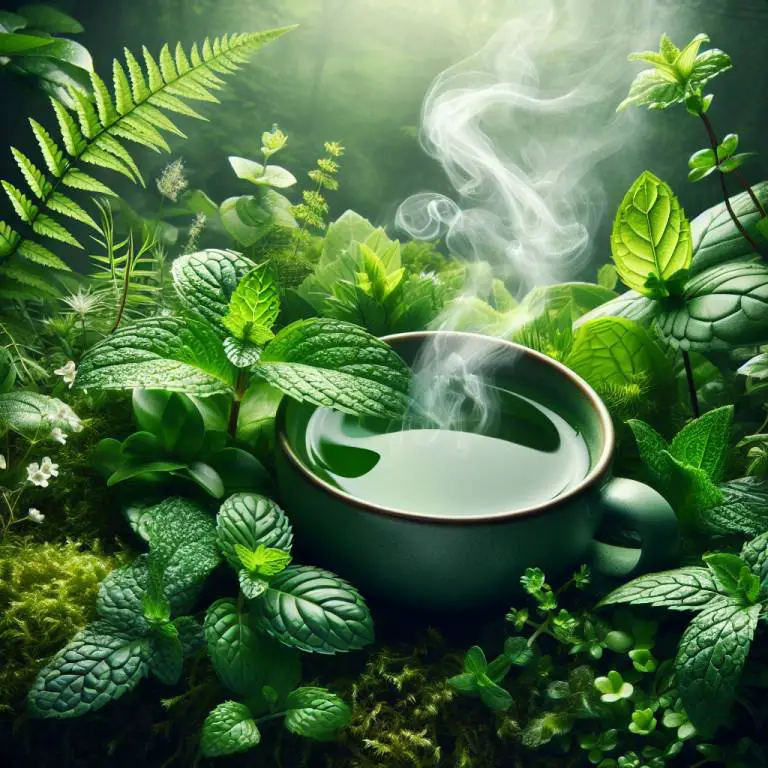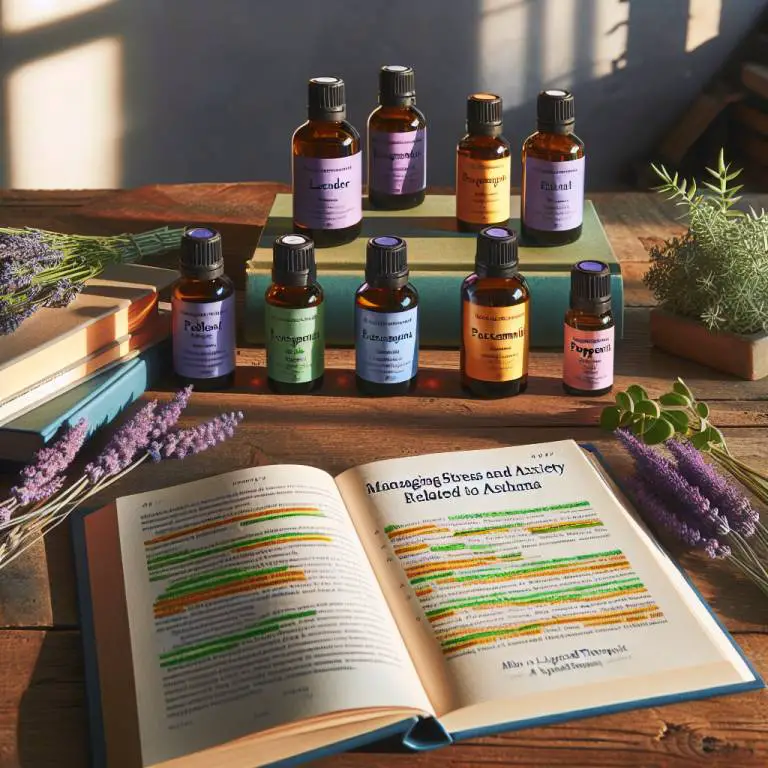Long-term benefits of drinking herbal teas for asthma management
Drinking herbal teas regularly can offer long-term benefits for managing asthma by reducing inflammation and relaxing the airways. These teas, such as ginger, peppermint, and licorice root, contain natural compounds that help soothe the symptoms of asthma over time. By incorporating them into your daily routine, you may experience fewer asthma attacks and improved breathing. However, it’s important to use herbal teas as a complementary approach alongside prescribed asthma treatments.

What are the long-term benefits of drinking herbal teas for asthma management?
Drinking herbal teas has been a traditional remedy for many ailments, including asthma. Over time, people with asthma who regularly consume certain herbal teas may experience fewer symptoms and better overall lung health. This is because some herbs have anti-inflammatory properties that can help reduce the swelling in the airways, making it easier to breathe.
Moreover, these teas often contain antioxidants that support the immune system. A strong immune system is crucial for fighting off infections that can trigger asthma attacks. Therefore, incorporating herbal teas into one’s daily routine could be a beneficial addition to conventional asthma treatments, offering a natural way to manage the condition over the long term.
Which herbal teas are most effective for asthma and why?
Ginger tea and green tea are among the most effective herbal teas for managing asthma. Ginger tea is known for its potent anti-inflammatory effects, which can help reduce airway inflammation and inhibit airway contraction. Additionally, ginger has been found to enhance bronchodilation, making it easier for asthma patients to breathe.
Green tea is rich in antioxidants, particularly epigallocatechin gallate (EGCG), which has been shown to reduce inflammation in the lungs and improve lung function. The antioxidants in green tea also help protect lung tissue from damage caused by free radicals and environmental pollutants. Drinking green tea regularly can thus support healthier respiratory function in individuals with asthma.
Uncover the best teas for asthma management. Learn about their effects and how to brew them for relief.
How does the regular consumption of herbal tea affect lung function in asthma patients?
The regular intake of specific herbal teas can lead to improvements in lung function over time for individuals with asthma. This improvement is primarily due to the anti-inflammatory and antioxidant properties of certain herbs that help reduce inflammation within the respiratory tract and protect lung cells from oxidative stress. As a result, patients may find it easier to breathe as their airways become less constricted.
Besides reducing inflammation, some herbal teas like licorice root tea can also aid in loosening mucus within the chest, facilitating its expulsion and further clearing airways. This action helps improve airflow and oxygen exchange, contributing positively to overall lung health and function in people suffering from chronic respiratory conditions like asthma.
Can herbal teas reduce the frequency of asthma attacks over time?
Yes, consuming certain herbal teas regularly may help decrease the frequency of asthma attacks over time. Herbs such as peppermint and chamomile possess natural antispasmodic properties that relax muscles in the airways, reducing spasms that can lead to an attack. By calming these muscles, these teas can contribute to smoother breathing patterns and fewer instances of sudden breathlessness or wheezing associated with asthma attacks.
In addition to their muscle-relaxing effects, these herbs also have mild sedative qualities that can promote better sleep quality among individuals with asthma. Since poor sleep can exacerbate symptoms and increase the likelihood of an attack, improving sleep through natural means like drinking calming herbal teas before bed could indirectly contribute to reducing attack frequency as well.
< / table >
Are there any risks or side effects associated with using herbal teas for asthma management long-term?
When considering herbal teas for managing asthma, it’s important to be aware of potential risks and side effects. While many people find these natural remedies helpful, they are not without their downsides. For instance, some herbs can interact with prescription medications, potentially reducing their effectiveness or causing adverse reactions.
Moreover, certain herbs might trigger allergic reactions in some individuals. This is particularly concerning for those with asthma, as such reactions could exacerbate symptoms or lead to an asthma attack. Therefore, it’s crucial to consult with a healthcare provider before incorporating herbal teas into an asthma management plan.
How do lifestyle and dietary factors enhance the effectiveness of herbal teas for asthma?
Lifestyle and dietary choices play a significant role in the overall effectiveness of herbal teas for managing asthma. A balanced diet rich in fruits, vegetables, and omega-3 fatty acids can help reduce inflammation in the body, complementing the anti-inflammatory properties of many herbal teas. Regular physical activity is also beneficial as it improves lung function and overall health.
Avoiding known asthma triggers is another critical factor that can enhance the benefits of herbal tea consumption. Triggers vary from person to person but often include pollutants, allergens, and certain foods. By maintaining a healthy lifestyle and being mindful of dietary choices, individuals can create an environment where herbal teas have the best chance to support asthma management effectively.
What scientific evidence supports the use of herbal teas for long-term asthma management?
The scientific community has shown increasing interest in the potential benefits of herbal teas for managing chronic conditions like asthma. Several studies have highlighted the anti-inflammatory and antioxidant properties of herbs such as ginger, turmeric, and licorice root—common ingredients in many therapeutic teas. These properties can help soothe inflamed airways and improve breathing over time.
However, it’s important to note that while research is promising, more extensive clinical trials are needed to fully understand the efficacy and safety of using herbal teas as a long-term treatment for asthma. As such, individuals should view these natural remedies as complementary treatments rather than replacements for traditional medical care prescribed by healthcare professionals.
Final Thoughts
In conclusion, while there are potential benefits to using herbal teas for managing asthma symptoms over the long term, individuals must approach this treatment option with caution. Understanding possible risks and side effects is crucial before making any changes to one’s health regimen.
Maintaining a healthy lifestyle and consulting with healthcare providers can maximize the effectiveness of herbal teas in an overall asthma management plan. With ongoing research into their benefits and proper integration into daily routines, these natural remedies may offer valuable support for those seeking alternative or supplementary options in their battle against asthma.
Further Reading:
| Herbal Tea | Benefit | Mechanism |
|---|---|---|
| Ginger Tea | Reduces inflammation | Inhibits airway contraction and helps in soothing the muscle tissues. |
| Peppermint Tea | Relieves breathing difficulties | Menthol acts as a natural decongestant, helping to break down mucus. |
| Licorice Root Tea | Improves lung function | Has properties that help reduce bronchial spasms and inflammation. |
| Green Tea | Antioxidant effects | Polyphenols may help reduce oxidative stress and inflammatory responses in the lungs. |
| Eucalyptus Tea | Eases cough and throat irritation | Eucalyptol can act as an expectorant, helping to cleanse the body of toxins and harmful microorganisms that can trigger asthma. |






